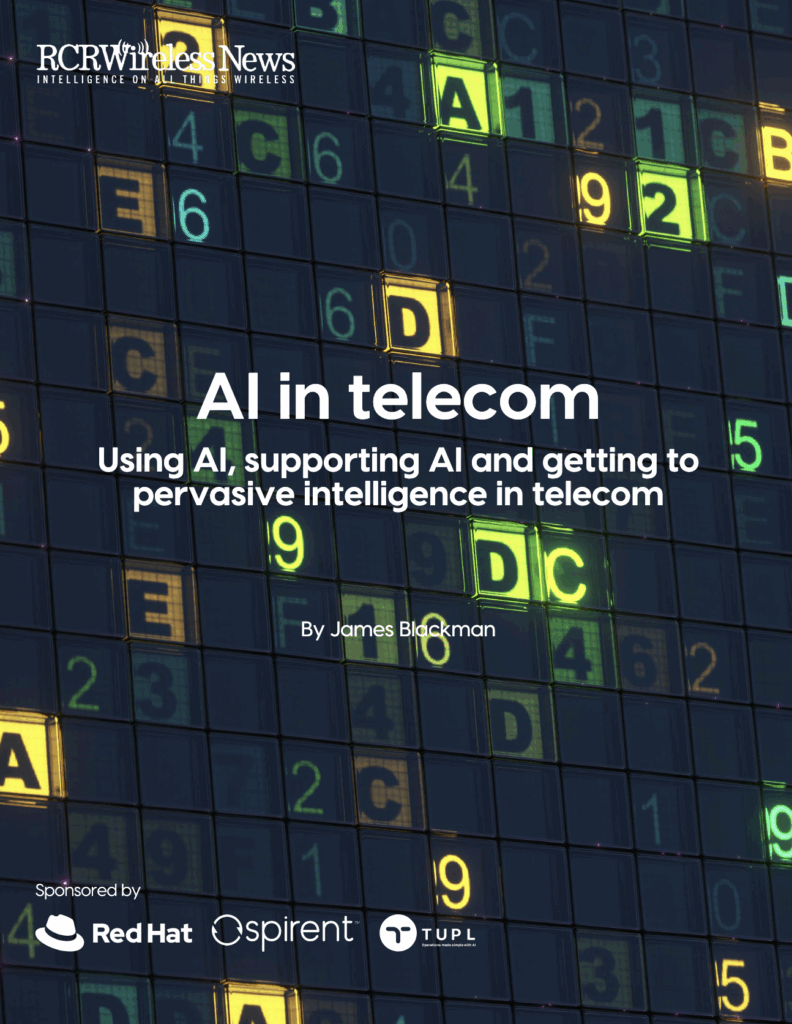AI in Telecom Evolving from Copilots to Autonomous Agents
The telecom industry is transitioning from AI copilots to autonomous agents, emphasizing human oversight, multi-modal AI, and ethical compliance in critical systems.
Human oversight remains critical as AI systems become more sophisticated in telecom infrastructure. Experts emphasize the need for ethical compliance, risk reduction, and continuous model refinement to detect data drift.
Key Developments in AI for Telecom
- Multi-modal AI: Modern large-language models now combine text, audio, and video inputs to deliver real-time insights for telecom operators.
- Agentic AI: Systems are evolving from static pattern-matching to dynamic reasoning, enabling collaborative decision-making without direct human intervention.
The Role of Human Oversight
Petri Hautakagas, CEO of TUPL, highlights that AI systems require ongoing oversight: "Nothing is static. You don’t just put an ML system out there, and it just runs without oversight or anything." Douglas at Spirent adds that human oversight ensures regulatory and ethical compliance, reinforcing trust in AI-driven decisions.
From Copilots to Agents
Robert Curran from Appledore Research distinguishes between AI copilots and agents:
- Copilots assist humans by providing recommendations but require human approval.
- Agents autonomously diagnose issues and take actions, coordinating with other agents to resolve problems dynamically.
Steve Szabo at Verizon Business notes, "Agentic AI will give customers more power to execute steps and functions – to get an answer, and choose an action without direct human involvement."
Multi-modal AI in Action
Fatih Nar at Red Hat explains the progression:
- Early AI relied on time-series data for predictions.
- Generative AI introduced text-based predictions.
- Modern systems like OpenAI’s ChatGPT 4.0 and DeepSeek’s MoE models fuse multiple data types (text, audio, video) to predict complex scenarios, such as radio efficiency under varying environmental conditions.
Ethical and Regulatory Challenges
Douglas raises critical questions about data governance: "Will telcos take regulatory responsibility to explain why they hosted a nefarious AI application?" This underscores the need for clear policies as AI adoption accelerates.
For further reading, download the full report here or watch the webinar here.

Related News
AWS extends Bedrock AgentCore Gateway to unify MCP servers for AI agents
AWS announces expanded Amazon Bedrock AgentCore Gateway support for MCP servers, enabling centralized management of AI agent tools across organizations.
CEOs Must Prioritize AI Investment Amid Rapid Change
Forward-thinking CEOs are focusing on AI investment, agile operations, and strategic growth to navigate disruption and lead competitively.
About the Author

Dr. Lisa Kim
AI Ethics Researcher
Leading expert in AI ethics and responsible AI development with 13 years of research experience. Former member of Microsoft AI Ethics Committee, now provides consulting for multiple international AI governance organizations. Regularly contributes AI ethics articles to top-tier journals like Nature and Science.